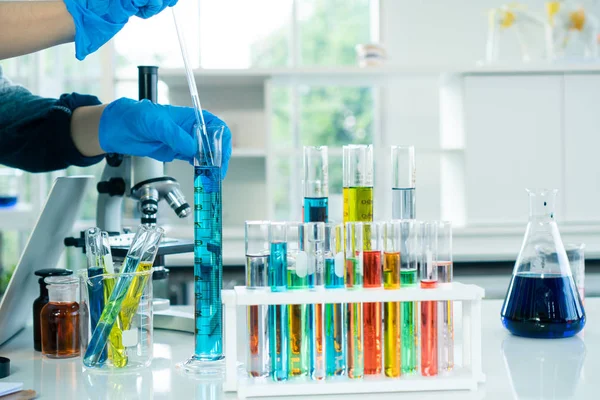Lab Bottle Selection Guide
Laboratory bottles and jars serve the purpose of holding and preserving chemicals in a variety of laboratory environments. They are available in an extensive range of sizes and shapes to accommodate different applications, and can be crafted from either glass or plastic materials.

Types of Bottles and Jars:
1. Narrow Mouth: These bottles are designed with a smaller opening for pouring and storing liquids, ideal for transportation and storage purposes.
2. Wide Mouth: Featuring a larger opening, these bottles allow easy filling of various liquids and solids.
3. Sampling: Straight-sided with wide mouths, these bottles simplify filling and extraction of samples. Environmental sampling jars are durable and suitable for collecting, transporting, and storing samples for analysis.
4. Square: Square bottles enable efficient packing, maximizing storage on shelves or in cabinets.
5. Wash: Equipped with a side spout, wash bottles dispense a jet of water for rinsing chemicals and materials from labware. Some wash bottles display chemical names and formulas to prevent cross-contamination.
Clear vs. Amber Bottles and Jars:
Clear plastic and glass bottles offer maximum transparency, while amber bottles provide protection from UV rays for light-sensitive products. Amber bottles are available in various sizes and materials.
Glass Bottles and Jars:
- Type I Borosilicate: Resistant to harsh chemicals and thermal conditions, suitable for demanding environments. Temperature Range: -70°C to 230°C.
- Type III Soda Lime: Provides some chemical resistance and features a smooth surface for easy cleaning. Suitable for dry powders, buffers, or low-heat applications. Temperature Range: 0°C to 100°C.
Plastic Bottles and Jars:
Choosing the right plastic bottle or jar is important based on chemical compatibility and heat requirements. Here are the types of plastic materials and their temperature ranges:
- Low-Density Polyethylene (LDPE): Compatible with weak and concentrated acids, bases, and alcohol. Temperature Range: -100°C to 80°C.
- High-Density Polyethylene (HDPE): Compatible with weak and concentrated acids, bases, and alcohol. Temperature Range: -100°C to 120°C.
- Polypropylene (PP): Suitable for weak and concentrated acids, bases, and alcohol. Temperature Range: 0°C to 135°C.
- Polymethyl pentene (PMP): Suitable for weak and concentrated acids, bases, and alcohol. Temperature Range: 20°C to 175°C.
- Polycarbonate (PC): Recommended for weak acids. Temperature Range: -135°C to 130°C.
- Polyethylene Terephthalate (PET): Suitable for weak acids, bases, and alcohols. Temperature Range: -40°C to 70°C.
CONTACT US
HEAD OFFICE
QTEC TECHNOLOGY CO., LTD.
ADDRESS: 457 BOND STREET ROAD, TAMBOL BANGPOOD, AMPHUR PAKKRED, NONTHABURI 11120 THAILAND
LINE: @qtec-technology
Email: e-sales@qtec-technology.com
TEL: +66(2) 583 8300
Facebook: QtecTechnology


